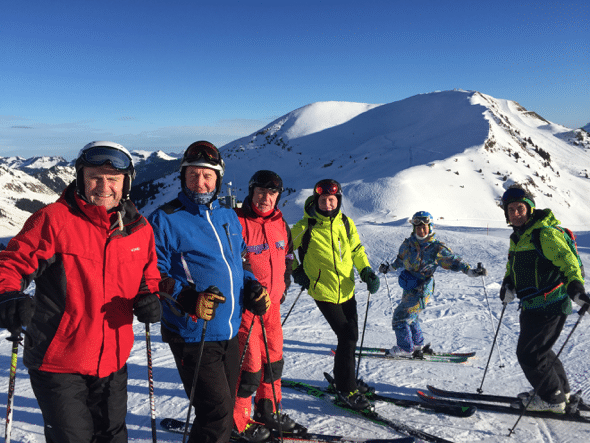It’s why, as part of our extra-curricular options and in addition to our music and dance classes, we have weekly visits from Amazing Athletes and Tuff Tumblers. Our view? Stay active; exercise - even strenuously; do sports - whether team or individual, competitive or not.
And now it seems we are starting to be able to prove what seems to be pretty intuitive:
The study looked at a random selection of 21 men (70-72 years old) and 7 women (74-76 years old) who exercised regularly for the past nearly 50 years and compared them to healthy non-exercisers in the same age range and a third group of people 20-30 years old and who are active. The study focused on the cardiovascular systems and muscles.
As expected the study showed the aerobic capacity in the youngest group was greater than both older groups. But the study group (21 men, 7 women) possessed an aerobic capacity some 40% greater than their same-aged non-exercising peers. Researchers placed the study group aerobic capacity as equivalent to adults some 30 years younger.


The effect on muscles was even more dramatic where the study showed the muscles of the exercising groups, young and elderly, resembling each other! Unsurprisingly, both were far ahead of the non-exercising group.
This study, while providing a number of very positive indicators, will need future supporting studies to determine more exactly the causes of such positive benefits but, says Dr. Scott Trappe, the director of the Human Performance Laboratory at Ball State, “Together, these findings about muscular and cardiovascular health in active older people suggest that what we now consider to be normal physical deterioration with aging “may not be normal or inevitable.”
Thank you Ball State! We are with you! Can’t wait to see your next studies.
References:
